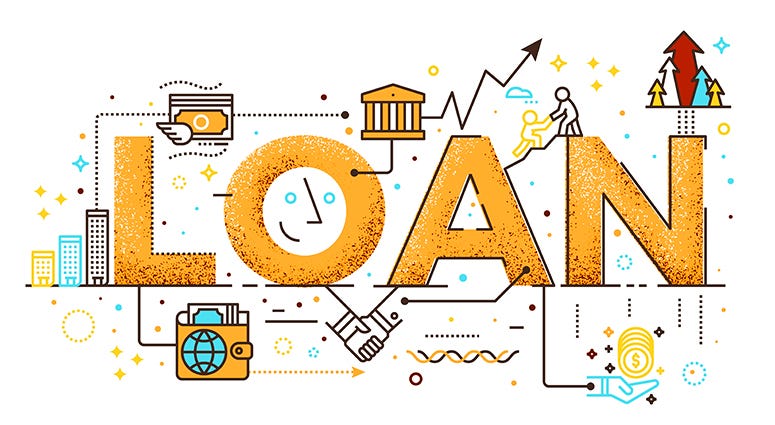
A community-based loan is one given by a community development financial institution such as a credit union, bank, venture capitalist, or loan fund. These institutions serve the shared common goal of expanding economic opportunity in low-income communities by providing access to financial capital for local residents and businesses within the area.
Credit scores and community-based loans
For those looking to start their first small business, community-based loans are the best option. According to the small business credit survey, 42 percent of small businesses rely exclusively on their owners’ personal credit scores to secure funding, and another 45 percent use both owners’ personal scores and business credit scores. When it comes to securing funding from major financial institutions, your credit score alone may lead to the bank rejecting your application. With a community-based loan, a community development financial institution can offer varying lending standards where borrowers can meet the needs to secure funding for their small business.
Other factors that affect community-based loans
Similarly to most major financial institutions, community-based loans still rely on credit score, tax returns, and income statements, however, they also look at other aspects of the borrower's life where it makes a difference. According to the U.S. Small Business Administration, half of all small businesses fail in the first five years, which directly affects the frequency at which major financial institutions grant startup capital to small businesses. Startups rarely receive loans from major financial institutions, however, community-based loans are specifically designed to help startups. According to the small business credit survey, 77 percent of borrowers who applied for a loan application with a community development financial institution were approved. Community-based loans also don’t require collateral to secure funding, and they prioritize minority and low-income borrowers.
While community-based loans serve the needs of those wanting to start a small business, there are also other stipulations that make the process more tedious than using traditional loans. For example, the application process tends to take a longer period of time, as community development financial institutions have fewer resources at their disposal. However, as the pros and cons are weighed, if you're looking for a starting point, start with finding the right community development financial institution that will coach and train you on what's best for your small business.
To find a community based financial institution in your area, visit the U.S. Department of the Treasury searchable database.
This article was written by Marlena Turner for Small Business Pulse